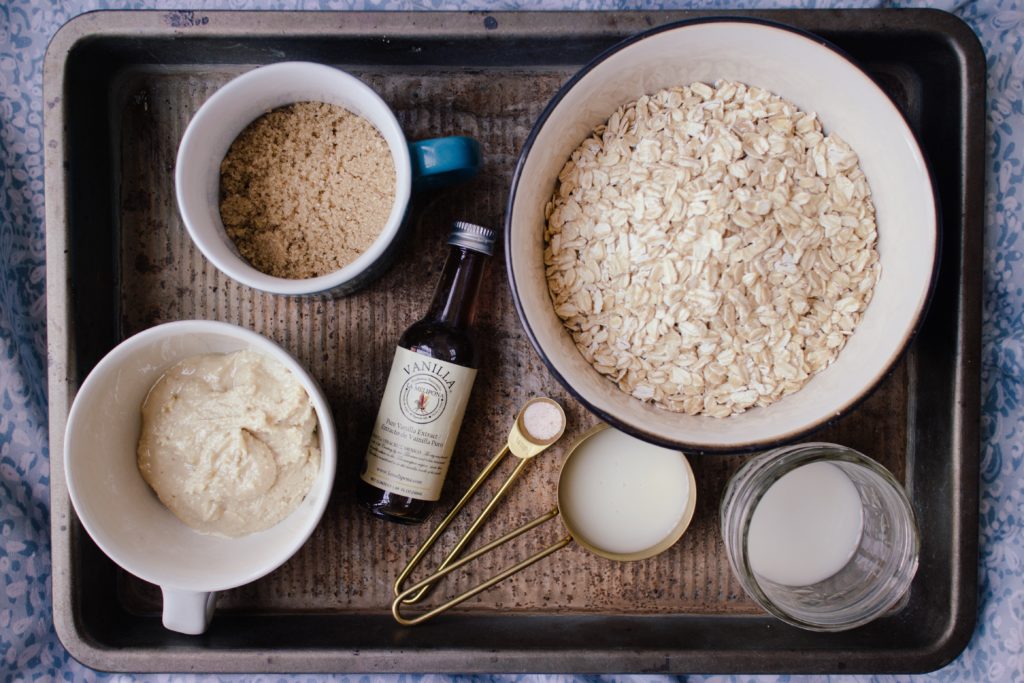This article has been Fact-Checked by Kendall Kennedy MS, RD, RYT
Excess weight is bad for your health. But what if there is something that helps you lose weight in a pleasant way? Fiber might be just that.
Losing weight can get uncomfortable at times. Feeling hungry, low energy,.. Something that makes these things better can stop your weight loss journey going down the drain.
What exactly is fiber?
Fiber is the part of plant-derived foods your body isn’t able to absorb. Chemically it is considered a carbohydrate but it’s not the same as other carbs in terms of health effects.
So, even if you are on a low-carb diet, don’t go away just yet.
There are multiple individual kinds of fiber but to understand the effects on weight loss it’s enough to know that there are two main categories of fiber.
Soluable fiber
Soluable fiber is a substance that mixes with water. This forms a gel-like substance. If you want a real world-example, add some water to oats.
This helps with slowing down the absorption of energy from your food which makes it so your blood sugar spikes less.

Insoluable fiber
Insoluable fiber pretty much stays the same while moving throughout digestion. A real world example is putting a vegetable, like for example a carrot, in a bowl of water. Not much will happen.
It’s mostly good for improving bowel movements.
Both kinds are found in plant-based foods. The ratio is different for every food.
The good thing is that both kinds of fiber are extremely helpful for weight loss for a few reasons..
Fiber reduces hunger without adding calories
Hunger and cravings are some of the most common reasons people fail to stick to their weight loss plan.
A lot of people just eat less and less when trying to lose weight. The problem with this is that your stomach will be half empty a lot of the time. This in turn sends hunger signals to your brain. Your body doesn’t want to be hungry. Before you know it you fall off track.
This is where fiber can be a life-saver.
Even though fibers are technically carbohydrates, they don’t get absorbed as calories for the most part. But they will still fill up your stomach. Water does the same but it goes through your system faster than fiber.
So you get a fuller stomach for longer without technically adding any calories to your diet. On top of that most foods high in fiber also provide you with valuable nutrients.
All these things combined will make you a lot more comfortable while trying to lose weight.
Fiber can reduce the calories you absorb
Not every single nutrient that goes through your digestive system get’s converted into usable substances.
Food that moves through your intestines together with fiber may not get absorbed as well. This may help with getting less calories into your system which can help you lose weight or at least gain less weight.
Fiber benefits your microbiome
There is a whole collection of helpful bacteria living inside your intestines. Don’t worry, they are there to help you convert food into usable nutrients and processing waste.
There are multiple types of bacteria. Having a greater variety and more of the good ones is linked to multiple health benefits like lower risk on type 2 diabetes, insulin resistance,…
On top of these other health benefits, a healthier microbiome is also linked to less weight gain.
You can improve the health of your tiny friends by eating a wide variety of whole foods with fiber in them.
How much fiber should you eat a day to lose weight?
The institute of medicine provides us with the following recommended quantities for adults:
- Men under 50: 38 grams
- Men over 50: 30 grams
- Women under 50: 25 grams
- Women over 50: 21 grams
In general dietary fiber is a good thing so these numbers are most likely better seen as minimums.
Do keep in mind to slowly increase your fiber intake. Too fast might cause digestive issues. Your body needs some time to adapt to this new diet composition.
What are some high fiber foods?
Your primary sources of dietary fiber will mostly be unprocessed vegetables, legumes, whole grains, nuts and fruit.
Some examples of foods high in fiber are beans, split peas and avocados.
You can find a more complete list of 22 vegetables high in fiber.
